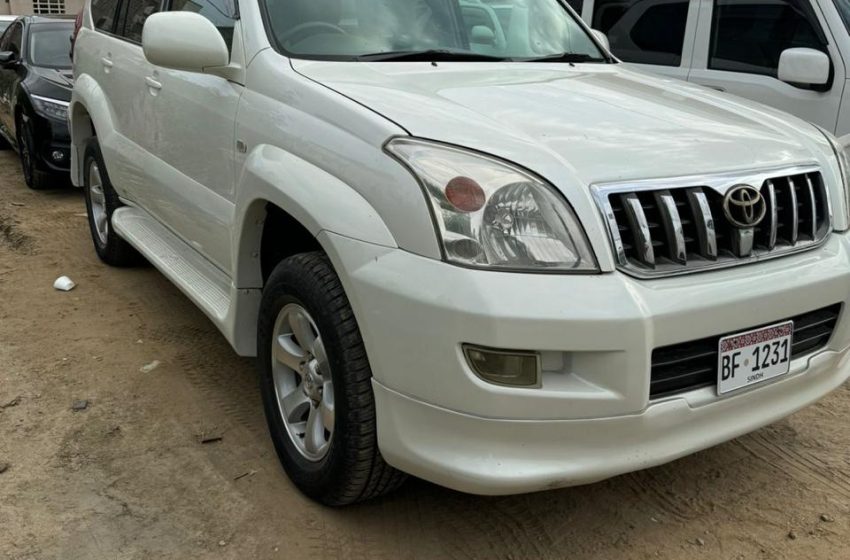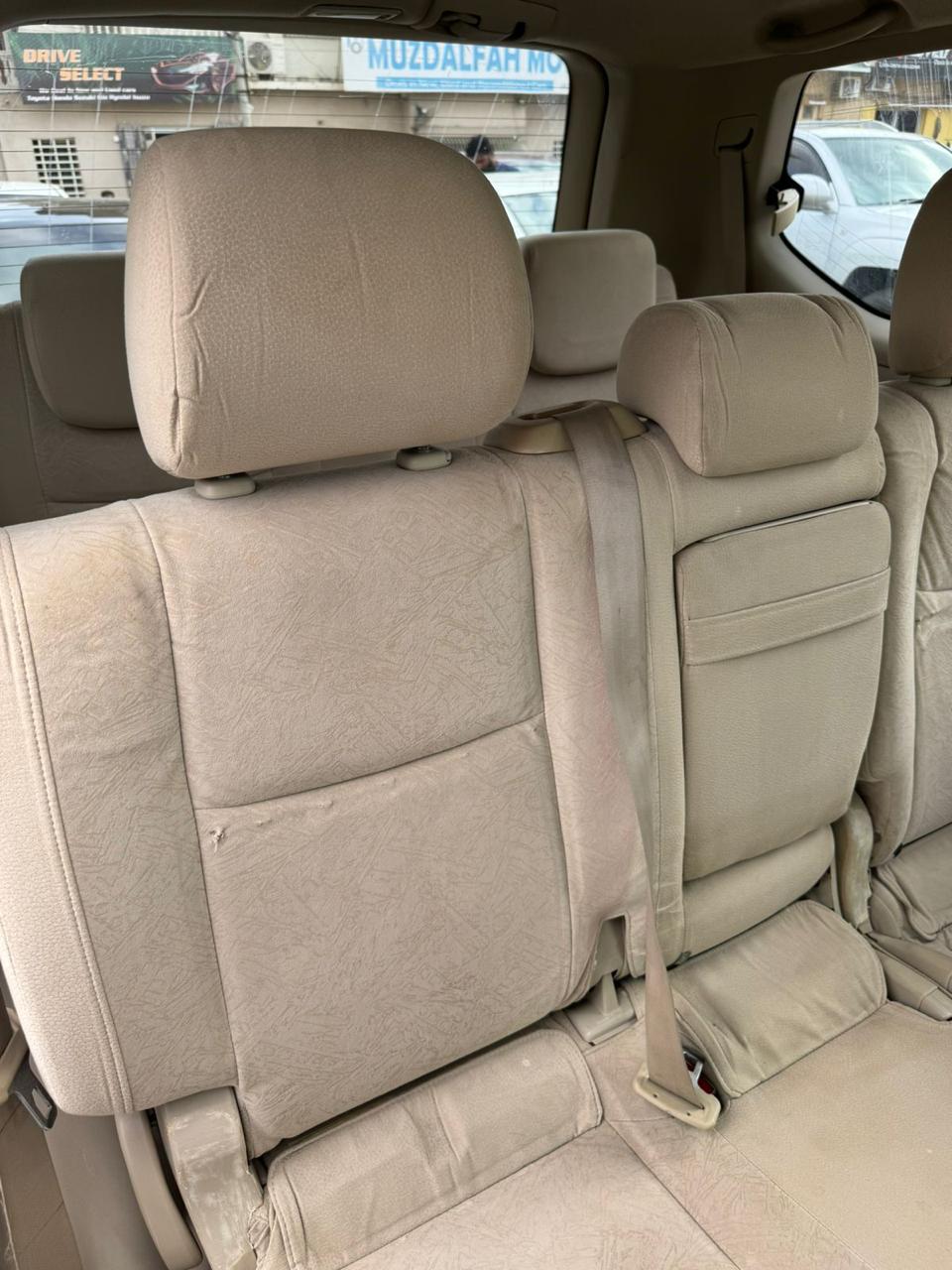What You Need to Know About Used Cars for Sale in Pakistan

Buying a used car in Pakistan can be a practical and economical choice for many individuals. However, navigating the used car market requires careful consideration and research to ensure you make an informed purchase. Here’s what you need to know when looking for used cars for sale in Pakistan.
1. Understand the Market Trends
-
Price Fluctuations: Used car prices in Pakistan can fluctuate based on economic conditions, demand, and availability. Researching current market trends can help you gauge fair pricing.
-
Popular Models: Some brands and models tend to hold their value better than others. Familiarize yourself with popular and reliable models in the Pakistani market, such as Suzuki, Toyota, and Honda.
2. Set a Realistic Budget
-
Total Cost of Ownership: Beyond the purchase price, consider the total cost of ownership, which includes insurance, maintenance, fuel, and potential repairs.
-
Financing Options: If you require financing, research loan options and interest rates to find the best deal.
3. Know Your Needs
-
Vehicle Type: Consider what type of vehicle best suits your needs—whether it’s a hatchback, sedan, SUV, or a pickup truck.
-
Usage: Think about how you will primarily use the car (commuting, family trips, off-road, etc.) to determine the right specifications.
4. Research and Compare Listings
-
Online Marketplaces: Utilize online platforms such as PakWheels, OLX, and CarFirst to explore listings and compare prices. These sites provide filters for make, model, price range, and location.
-
Local Dealerships: Visit local dealerships to check their inventory and possibly negotiate better prices.
5. Inspect the Vehicle Thoroughly
-
Physical Inspection: Always inspect the vehicle in person. Look for signs of wear and tear, rust, or damage. Check the tires, brakes, and overall condition.
-
Test Drive: Take the car for a test drive to assess its performance, handling, and comfort.
6. Check the Vehicle History
-
Documentation: Verify the car’s registration, ownership history, and service records. Ensure that all documents are in order and that there are no outstanding loans or legal issues associated with the vehicle.
-
VIN Check: If possible, use the Vehicle Identification Number (VIN) to check for any past accidents or major repairs.
7. Negotiate the Price
-
Research-Based Negotiation: Use your research on market prices to negotiate. Be polite but firm, and don’t hesitate to walk away if the deal doesn’t meet your expectations.
-
Be Aware of Hidden Costs: Ensure you understand any additional costs, such as transfer fees or registration charges, that may arise during the purchase.
8. Consider Future Maintenance
-
Parts Availability: Research the availability of spare parts for the specific make and model you’re considering. Some brands may have better support in terms of parts and service than others.
-
Mechanic Recommendations: If you have a trusted mechanic, consult them for advice on the best used cars for your budget and needs.
9. Understand the Legalities
-
Transfer of Ownership: Familiarize yourself with the legal process of transferring ownership in Pakistan. Ensure that all necessary paperwork is completed to avoid issues in the future.
-
Insurance: Shop around for insurance policies that offer the best coverage and rates for used cars.
10. Be Patient and Take Your Time
-
Don’t Rush: Take your time to find the right car. Impulse decisions can lead to regrets later on.
-
Explore Multiple Options: Don’t hesitate to explore various listings and options before making a final decision.
Conclusion
Buying a used car in Pakistan can be a rewarding experience if approached with the right knowledge and preparation. By understanding the market, setting a budget, thoroughly inspecting vehicles, and knowing the legal requirements, you can make a smart and informed purchase. Happy car hunting!



